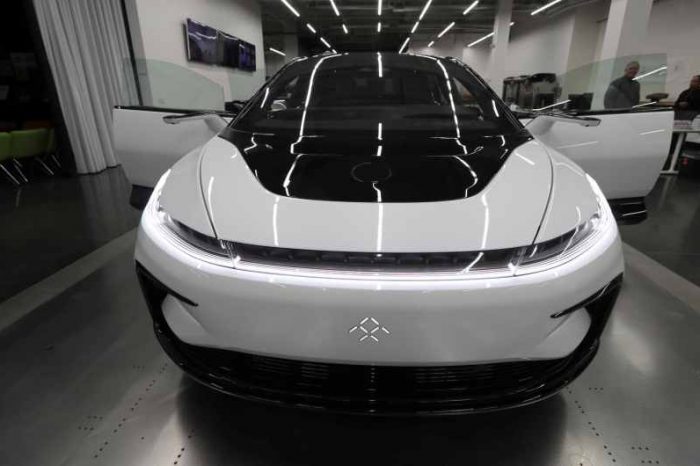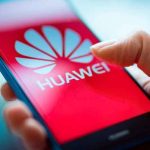Huawei fell from No. 1 to No. 6 in smartphone shipments as U.S. sanctions take a toll on the Chinese tech giant

Huawei is a Chinese multinational technology company that provides telecommunications equipment. In May 2019, we wrote about Huawei after Google suspended some business activity with Huawei, killing the Chinese company’s giant global smartphone ambitions. The suspension came after former President Trump declared a national emergency over threats against US technology.
Huawei was later put on a U.S. blacklist called the Entity List which restricted American firms from exporting key components and software to the company. The executive order authorized Commerce Secretary Wilbur Ross to block transactions that involve information or communications technology that “poses an unacceptable risk to the national security of the United States.
Almost two years later, Huawei is beginning to feel the heat from the U.S. sanctions on its smartphone business as its smartphone shipments plunged. In the fourth quarter of 2020, Huawei shipped 33 million smartphones globally, a 41% year-on-year decline, putting its market share at 8%, according to data released by Counterpoint Research. It sat in sixth place. In the second quarter of 2020, it was number one.
Huawei is feeling the heat from all directions. The U.S. sanctions have led to Huawei being cut off from the Google Android operating system and critical chip supplies. These two factors have crippled its smartphone sales.
Meanwhile, as we noted in July 2019, a new study showed deeper links between Huawei and China’s military and intelligence bodies than previously acknowledged by the technology giant. The research was conducted by Christopher Balding, an associate professor at Fulbright University Vietnam, and London-based conservative think tank Henry Jackson Society.
The two researchers studied 25,000 leaked Huawei resumes and found troubling links to the government and spies. In the study, one resume describes an individual who held a dual role at Huawei and an organization linked to the Chinese People’s Liberation Army. Huawei said it was unable to verify the Huawei employee resumes cited by the research paper and said the study had many “speculative statements.” Just last month, Huawei lost a trade-secrets lawsuit to US-based CNEX Labs, a microchip startup company backed by Microsoft and Dell.




